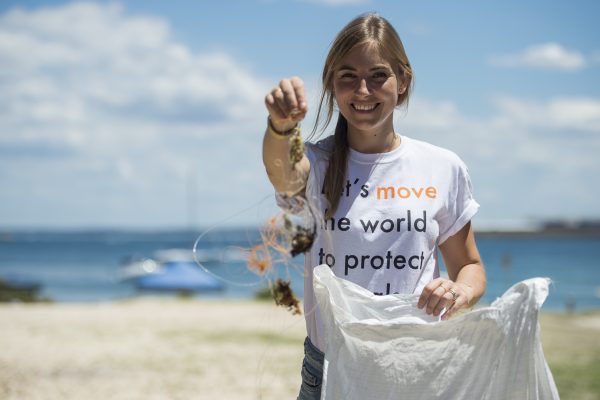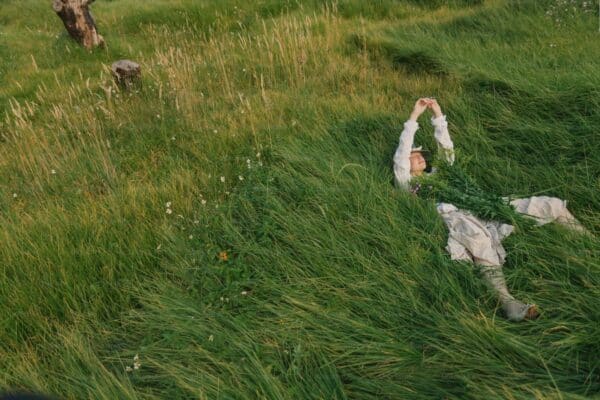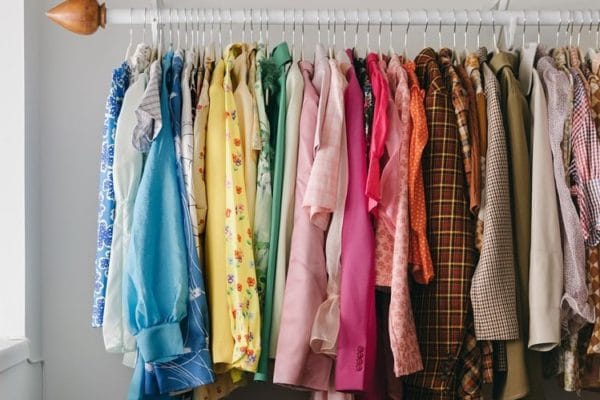The off-grid lifestyle is now a mainstream dream for anyone craving sustainability, independence, or a simpler life. There’s a growing number of people dreaming about it. Fewer bills. Less noise. More time to breathe.
But going off-grid is a process. There are systems to figure out, habits to change, and the occasional reality check when something inevitably breaks at the worst time.
Here’s a few tips breaking down the basics, offering a few solutions to the tricky bits, and hopefully leaving you a little more inspired to start building your version of an off-grid life.
Image: The Pod Tasmania
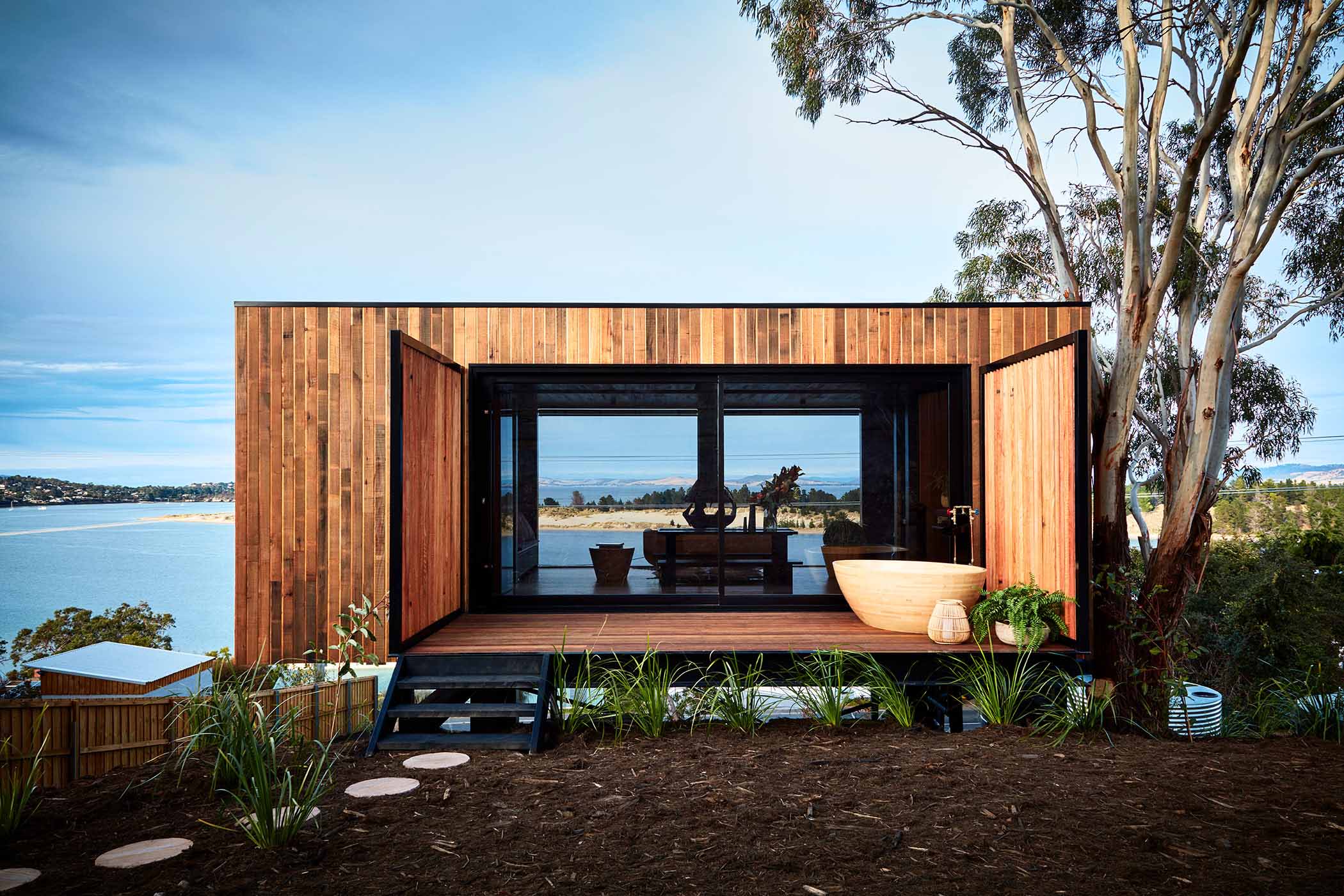
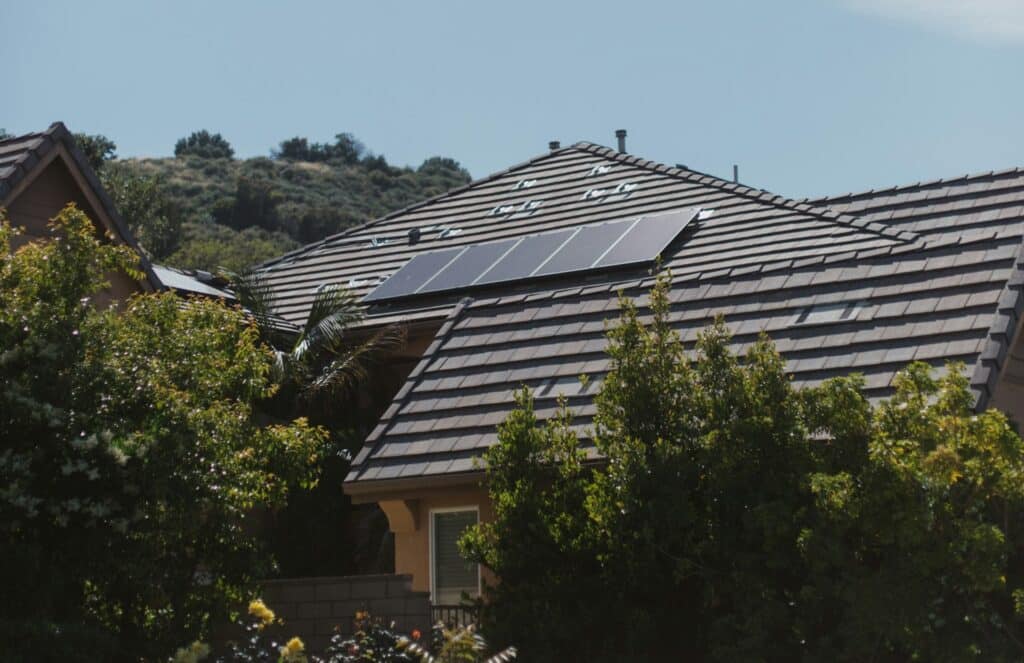
Photo by Vivint Solar on Unsplash
The (real) basics of going off-grid
The most important things you’ll need to figure out if you’re serious about stepping away from the grid.
1. Generate Your Own Power
Solar is the usual starting point. They’re reliable, widely available, and surprisingly effective, even in less-than-perfect weather. Especially when paired with a battery system like Tesla Powerwall or similar, so you’ve got backup when the sun’s not out.
If you’re worried about all your eggs in one basket, wind turbines and micro-hydro setups can be great additions depending on where you are. A mix gives you more flexibility and less dependence on any one source.
2. Water doesn’t just appear magically
Rainwater tanks are one of the most sustainable (and surprisingly simple) ways to collect your own supply. Just don’t forget the filters. Whole-home water filtration by Leaf Home is a great choice, It removes bacteria, lead and other potentially hazardous contaminants, ensuring your water is safe to drink.
3. Staying warm (or cool)
This ones all about designing with nature, not against it. Heating and cooling can chew through electricity, so when you’re off-grid, it pays to think ahead. Passive design is your best friend here. Cool in summer and warm in winter thanks to clever positioning, good insulation, cross ventilation, and thermal mass (think: concrete, brick, or stone that holds warmth or coolness).
4. Growing your own food (even just a little)
You don’t need to go full farm mode. A few raised veggie beds and some fruit trees in pots make a big impact. Start with what you eat the most, leafy greens, tomatoes, fresh herbs, and go from there.
Beyond saving money on groceries, homegrown food is fresher and tastier, and gardening is good for the soul. So many studies show it reduces stress, improves mental health, and fosters a deeper connection to nature. Plus, there’s that undeniable satisfaction in eating a meal that started right in your backyard.
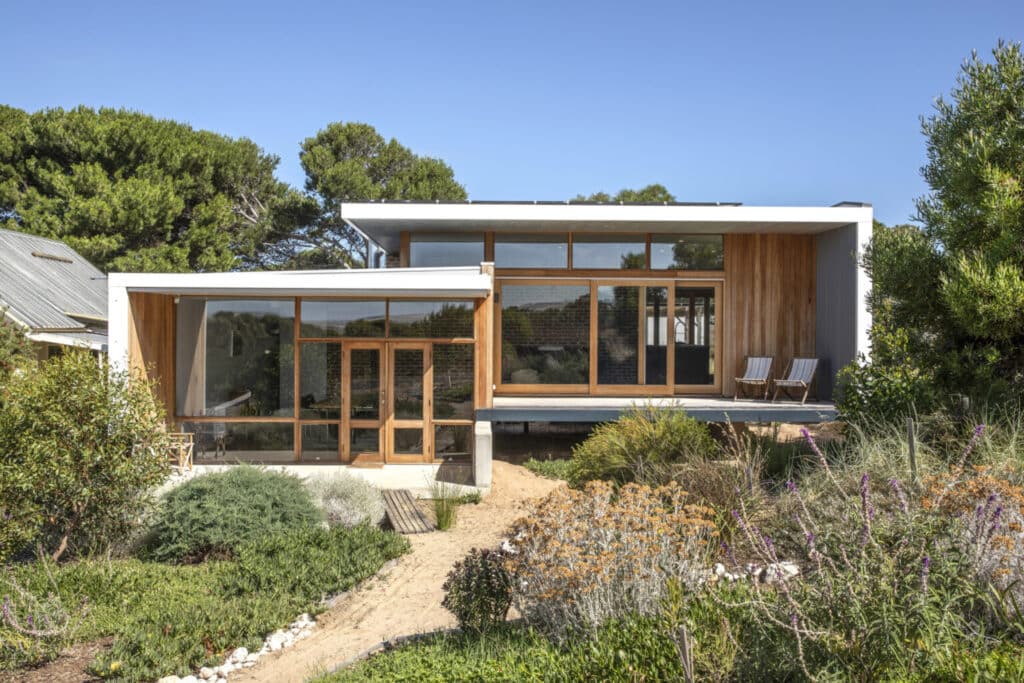
Goolwa House by Studio Rogler via Sustainable House Day
What no one tells you about going off-grid
Living off the grid can be peaceful and empowering. It can also be frustrating and expensive if you’re not prepared. Here’s what you’re likely to bump up against—and how to handle it.
It’s not cheap upfront
Solar panels, batteries, water systems all cost money. But you don’t have to do it all at once. Start with your essentials and add bits over time. Look into state and government rebates and local sustainability programs. Check for tax incentives or rebates related to renewable energy projects in your area.
Regulations can be a pain
Depending on where you live, there might be restrictions on things like installing water tanks, composting toilets, or building without a grid connection. Do your research early. Talk to your local council. And find others in your area who’ve done it. Most people are happy to share what they’ve learned.
You’ll need to learn a few new tricks
Off-grid life requires a bit of DIY spirit. When the water filter clogs or the battery system throws a tantrum, there’s no technician showing up within the hour. Start by learning the basics of maintaining your systems so surprises don’t throw you completely off course. Having a stash of tools and spare parts, goes a long way.
Join all your local online community groups. Chaces are soemone esle in your area has had the exact same weird inverter issue and knows how to help you fix it.
This article includes paid links.
